

Fenbendazole Tablets 1000 Mg
$54.00 – $150.00Price range: $54.00 through $150.00
Febendazole Tablets 1000 Mg
are high-strength, broad-spectrum anthelmintic tablets traditionally used for treating intestinal parasitic infections. Recently, they have gained attention in cancer research for their potential off-label use under medical supervision. Human-grade formulation. Not FDA-approved for cancer treatment.
Description
Fenbendazole Tablets 1000 Mg – Broad-Spectrum Antiparasitic With Emerging Research Applications
What Are Fenbendazole Tablets 1000 Mg?
Fenbendazole Tablets 1000 Mg are a potent antiparasitic medication used to treat a variety of intestinal worm infections. Belonging to the benzimidazole class of drugs, Fenbendazole works by disrupting the energy metabolism of parasitic organisms, leading to their death and removal from the gastrointestinal tract.
Recently, these tablets have gained attention in cancer research communities for their potential off-label role as a supportive agent in cancer management. While conclusive clinical evidence is still lacking, several anecdotal cases and preclinical studies suggest that Fenbendazole may interfere with the metabolic processes of certain tumor cells.
Primary Use: Antiparasitic Treatment
Fenbendazole Tablets 1000 Mg are typically prescribed or used in cases of:
- Roundworms (Ascaris lumbricoides)
- Hookworms (Ancylostoma spp., Necator spp.)
- Whipworms (Trichuris trichiura)
- Pinworms (Enterobius vermicularis)
- Threadworms (Strongyloides stercoralis)
- Some tapeworms
The high-potency 1000 mg dose may be used in severe infestations, or divided over several days based on clinical recommendations. Always follow a healthcare provider’s guidance on appropriate dosing.
Investigational Interest: Cancer Research
Though its known use is deworming, Fenbendazole Tablets 1000 Mg have attracted research interest in oncology. Scientists and practitioners are exploring its action as a microtubule-disrupting agent, similar to some chemotherapeutics.
How It May Work in Cancer Support:
- Microtubule inhibition: Interferes with cell division in rapidly growing tumor cells
- Glucose uptake suppression: Starves cancer cells dependent on glycolysis
- Pro-apoptotic activity: May help induce programmed cell death in specific tumor types
- Tumor growth suppression: Observed in some cell studies and murine (mouse) models
These effects have not been validated in large-scale human trials. Always speak to an integrative or oncological specialist before use.
Dosage Guidelines (for Information Only)
Deworming:
- Single 1000 mg dose
- May be split over 2–3 days depending on case severity
- Repeat after 2–3 weeks if reinfection is likely
Investigational Use (Experimental Protocols):
- Commonly cited cycle:
- 222–1000 mg per day, 3 days on / 4 days off
- Often paired with Vitamin E, Curcumin, and CBD oil
- Must be supervised by a physician due to lack of standardized dosing
Human-Grade Assurance
Choosing human-grade Fenbendazole Tablets 1000 Mg ensures:
- Manufactured in GMP-certified pharmaceutical environments
- No animal excipients or additives
- Exact, high-potency dosing suitable for investigational settings
- Certificate of Analysis (COA) available when sourced from reputable manufacturers
Reported Benefits (Anecdotal and Preclinical)
Many patients exploring integrative therapies have claimed:
- Improved short-term quality of life
- Better tolerance compared to aggressive chemotherapy
- Reduced tumor growth rate
- Enhanced energy levels
These claims are anecdotal only and do not substitute for medical treatments.
Side Effects & Safety
Fenbendazole has a high safety margin in animals and is generally:
- Non-toxic at standard doses
- Minimally absorbed from the GI tract (main action is local)
Possible Side Effects:
- Mild nausea
- Abdominal cramps or bloating
- Liver enzyme elevation (in high/prolonged doses)
Recommended: Liver function tests if taken for longer than 5–7 days
10 Frequently Asked Questions (FAQs)
1. What are Fenbendazole Tablets 1000 Mg used for?
Primarily for treating intestinal worms. Some patients and researchers are exploring off-label use in cancer research.
2. Is Fenbendazole approved for cancer treatment?
No. It is being studied, but not approved or prescribed for cancer by regulatory bodies.
3. Is this safe for humans?
When formulated as human-grade fenbendazole and used under medical guidance, many users tolerate it well.
4. Can I take it with chemotherapy?
Only with your doctor’s approval. Some patients use it alongside standard treatments, but interactions are unknown.
5. Where can I buy Fenbendazole Tablets 1000 Mg?
Only purchase from licensed suppliers that offer human-grade, GMP-certified products.
6. Does it have side effects?
Most commonly minor digestive symptoms. Liver monitoring is advised during long-term use.
7. Can this replace cancer treatment?
No. It may be researched as a support, but not intended to replace evidence-based oncological care.
8. Is it the same as Fenbendazole?
They are chemically similar benzimidazoles. Fenbendazole is preferred when available in human-grade format.
9. Can children use Fenbendazole Tablets 1000 Mg?
Not recommended at this strength. Pediatric dosing requires a physician’s input.
10. How should I store the tablets?
Store at room temperature, away from moisture and direct light, ideally in the original packaging.
Storage Instructions
- Room temperature: 20–25°C (68–77°F)
- Keep dry and out of sunlight
- Do not refrigerate
- Keep away from children and pets
Final Thoughts
Fenbendazole Tablets 1000 Mg are a robust class of anthelmintics with proven efficacy in treating human parasitic infections. While still under study, their structure and function have led to increasing interest in their potential role in cancer support.
With careful use under clinical guidance, these tablets may one day form part of a broader approach to integrative care. For now, they remain a reliable antiparasitic with growing research relevance.

.svg)




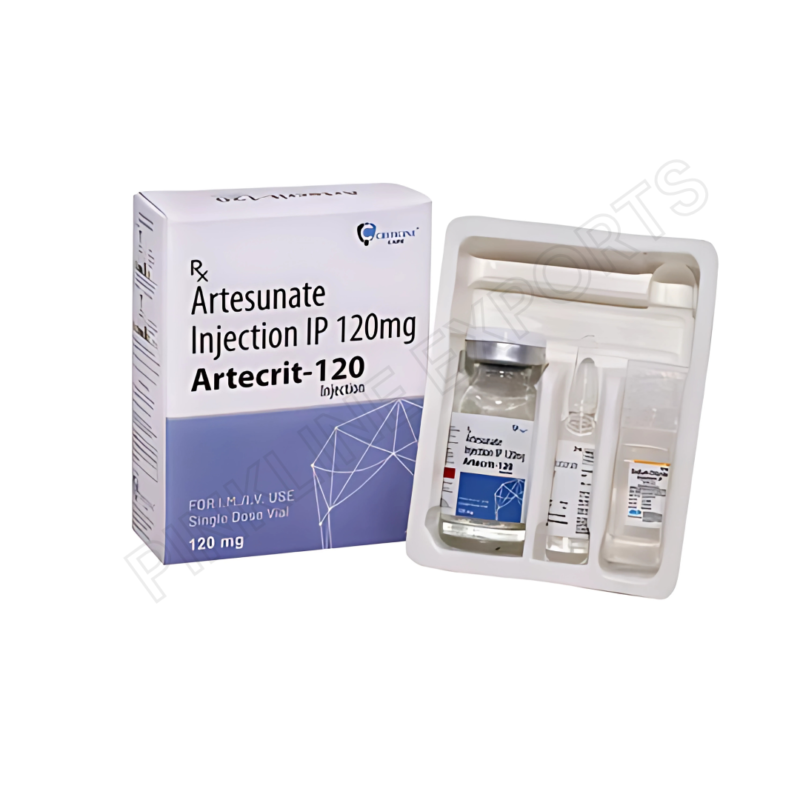
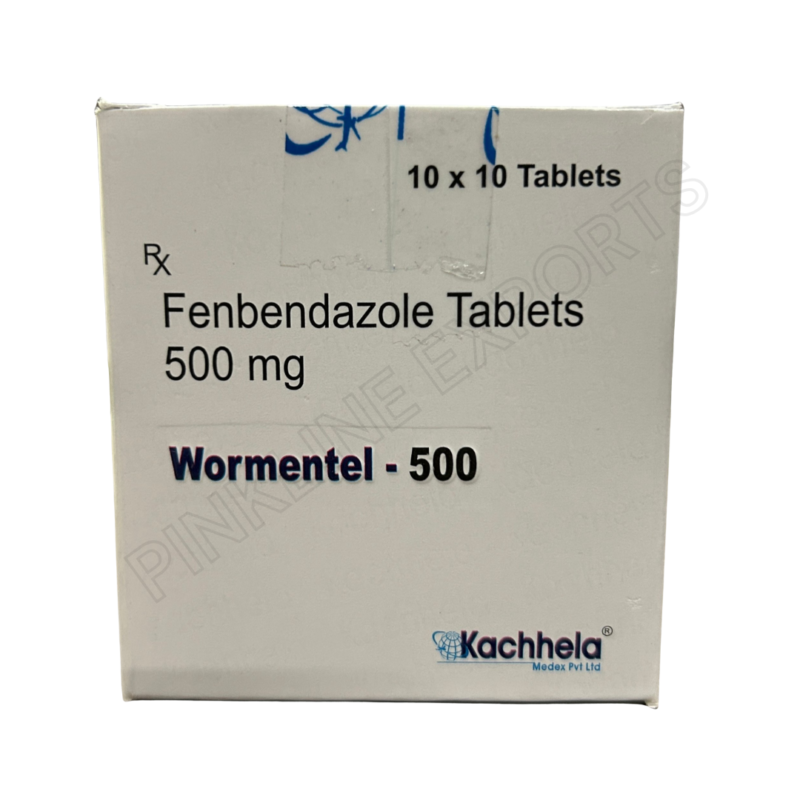
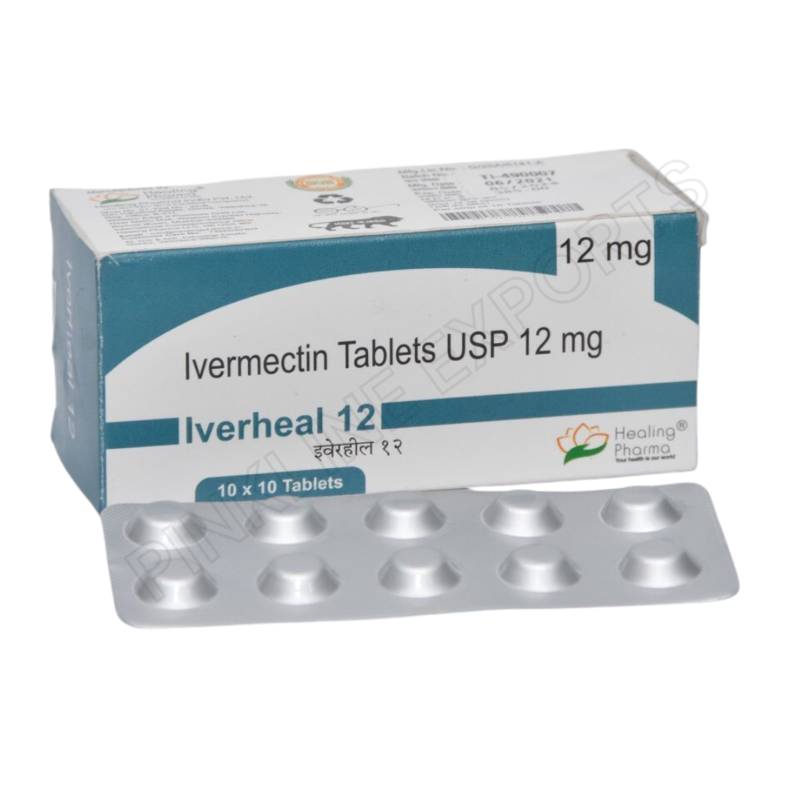

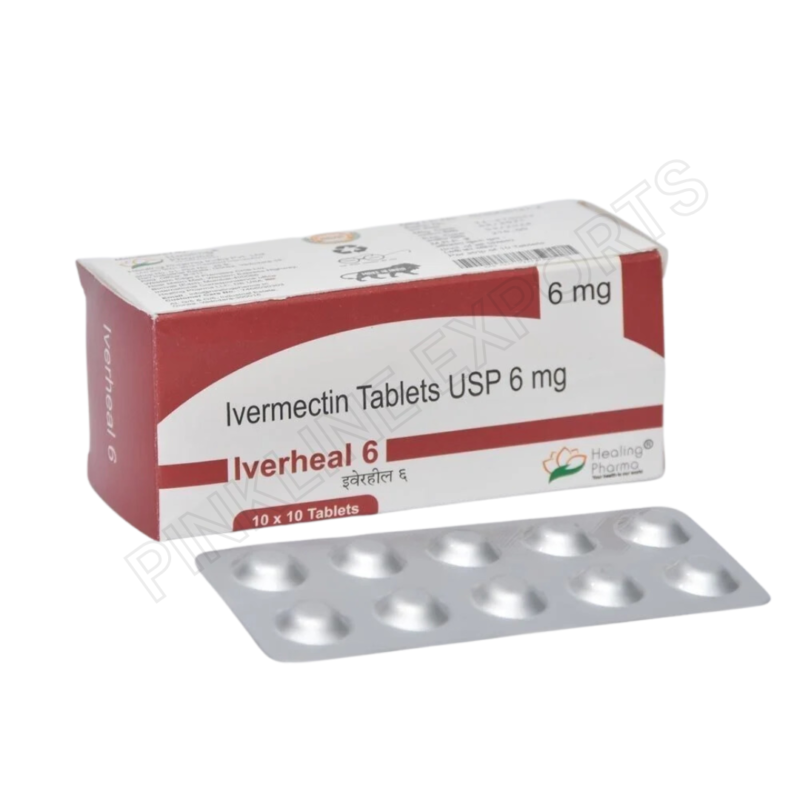

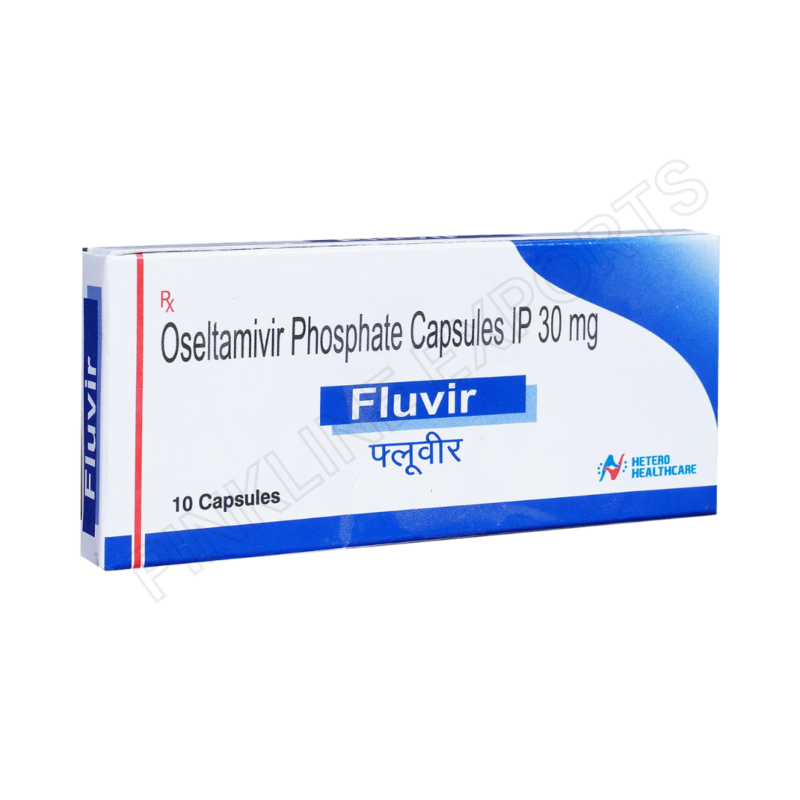

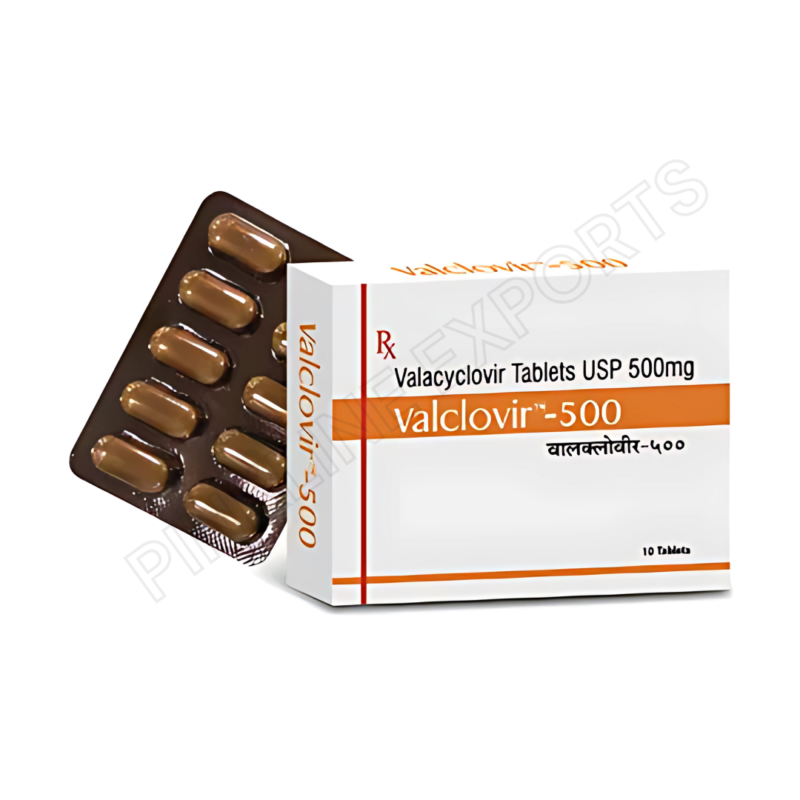


Reviews
There are no reviews yet.